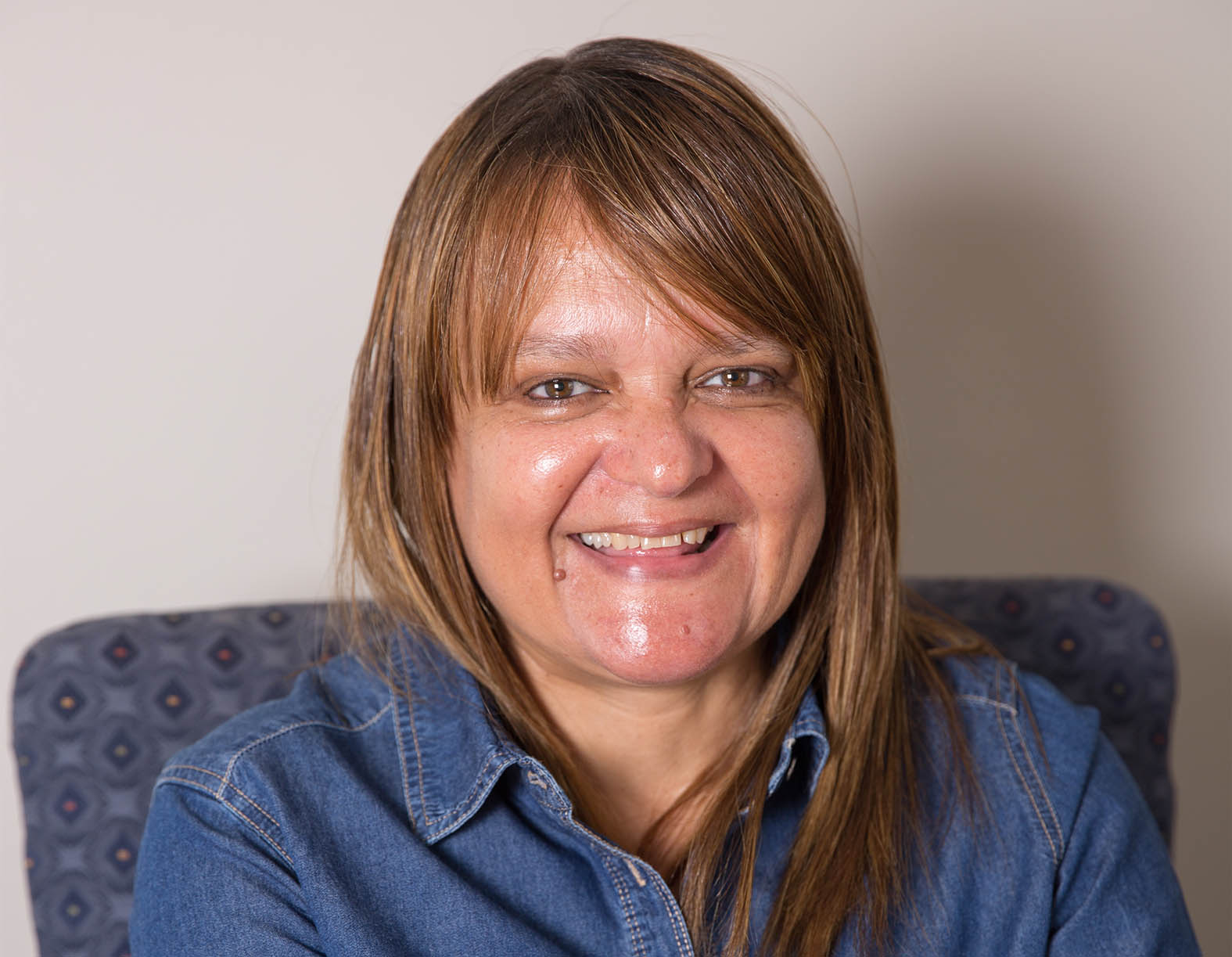South Africa needs to develop the skills that lead to employment or the ability to start a business.
Entries for the M&G Investing in the Future Awards 2017 are open! We’re on the lookout for CSI, government and NGO programmes of all kinds that are doing good work in addressing poverty and developmental challenges.
It’s no secret that the majority of South Africa’s schools are not providing the kind of education that equips learners for the workplace of the future, with much of the 20th Century curriculum still omitting the skills vital to a 21st Century workforce.
With 44% of learners not even making it to matric, the learners that do finish school are seldom taught the soft skills required for success.
The World Economic Forum (WEF) recently highlighted in its 2016 Future of Jobs report that the skills most needed in the workplace by 2020 will include complex problem solving, critical thinking, creativity, people management, emotional intelligence, judgement and decision-making, and negotiation, among others.
The lack of these skills is not just a local challenge: the WEF report also revealed that education institutions worldwide are failing to equip learners with the global competencies they will need to be employable in coming years.
With the local education system focusing more on teaching students to pass quantitative exams, it’s often up to nongovernmental organisations and other skills transfer bodies to equip today’s unemployed people with the soft and hard skills they require.
Mot SA chief executive Wanda Möller notes that the trend in South Africa is to focus on previously disadvantaged groups, based on the broad assumption that these groups have a greater need for life skills development opportunities. “This is not the case — all education groups need to be exposed to life skills training,” she says. “Once young people realise the importance and responsibility of developing themselves beyond their academic work, they embrace the tools that programmes such as Mot impart to them.”

Stereotypes are still obstacles to the success of many initiatives, according to Melanie Malema, operations manager at Sparrow FET College: “There is a growing interest from female learners in hard skills such as automotive repair, welding application and practice, for example, but the industries themselves are not yet ready to employ females in these roles.”
Malema notes that historically, young people only want to enrol at universities because colleges or FET institutions were viewed as offering “lesser” qualifications. “Enrolling into programmes that train and develop artisans has been frowned upon in the past, but government has initiated efforts to change this stigma. Our need for skilled artisans is growing and if we don´t get learners interested in developing in these areas, we will have a critical shortage,” she says.
Marinda Clack, skills development specialist at Triple E training, notes that one of the obstacles she frequently encounters is learner commitment. “Private sector and training providers are ready to implement, but potential beneficiaries want to bargain, and do not always see the benefit of receiving training for a fee.”
The recent Barloworld Logistics Foresight Report found that the heavy emphasis on finding a job to address the immediate need for securing an income, rather than choosing work that inspires, means that workers seldom take advantage of work-related opportunities for self-improvement and growth.
Increasingly demanding Broad-Based Black Economic Empowerment requirements have seen many companies attempt to improve their scores by supporting skills development projects. According to Siyanda Dlamini, sales and marketing director of the Fortis hotel group, notes: “CSI projects contribute a larger percentage towards our BEE score structure, therefore black individuals will always be our main area of focus.”
Melama echoes this, with a caveat: “Companies are often happy to give funding towards skills development projects, but when it comes down to actually getting involved in mentoring and training learners in workplace-based practical training, the companies are reluctant to get involved and invest time imparting knowledge.”
What does it take for a skills development project to succeed? Enver Mally, chairperson of Cape Town Tourism, says that successful projects are those that are inclusive, respecting that everyone has something to offer, and that these varying insights keep the tourism industry fresh and representative. “We need to be sure that we’re listening to the people we’re helping, and finding out from them how we can improve,” he says. “This needs to be a part of the DNA of every organisation at every tier.”
He adds that community-based skills development projects must include existing businesses, as this allows communities to have a hand in developing newcomers, as well as allaying fears of competition.
“Skills development without employment or business development opportunities can create situations where people are ready to work but don’t have the space to do so,” Mally explains. “It’s more practical to tie skills development projects to businesses that require an increased labour force, so that those skills can be put into practice. There’s no point in having skills if you can’t use them.”
The skills development projects that are most likely to make a real difference to the employability of their graduates are the ones that include tuition about softer skills that will support the theory they have learned.
“There are basic skills that many take for granted, such as financial management, debt management, basic computer skills such as emails and running micro-websites such as blogging platforms and social media pages for marketing and promotion purposes, which can be taught quickly,” Mally says.
Offering mentorship for the duration of a skills development process and beyond is also key to long-term sustainability, with Mally noting that some of the Tourism Board’s most successful recipients had learned from their own mentorship experiences, and have gone on to pay it forward to other up-and-coming business people. “There’s no mandate that forces them to help others, just the desire to see others succeed, too,” he says. “Skills development is about looking outward as well as inward to personal development.”